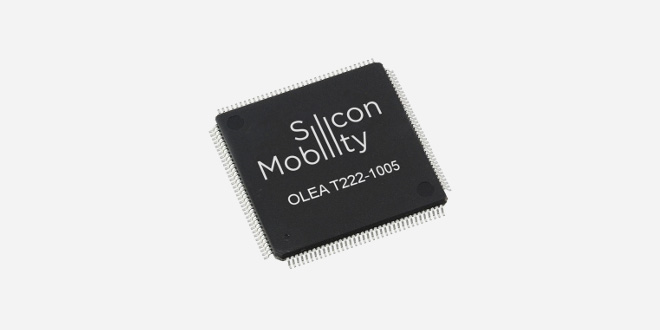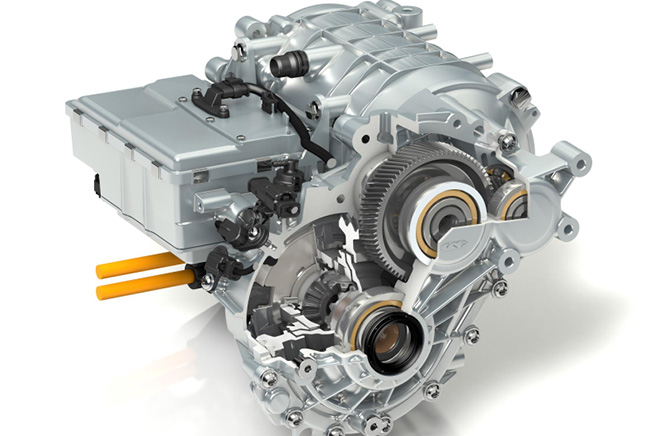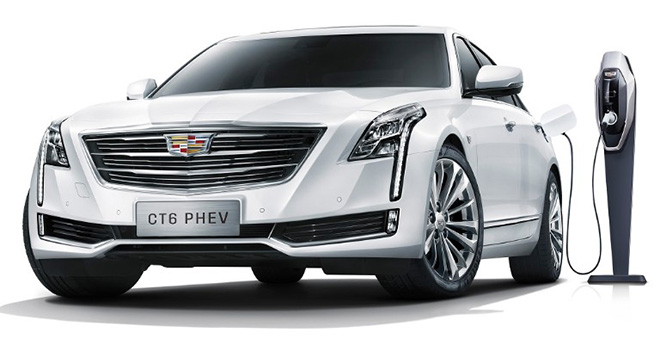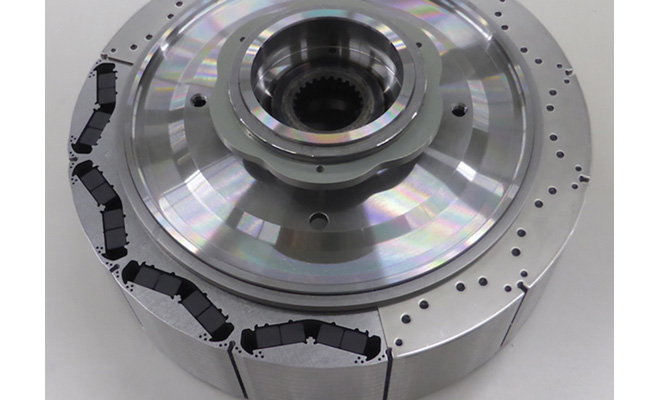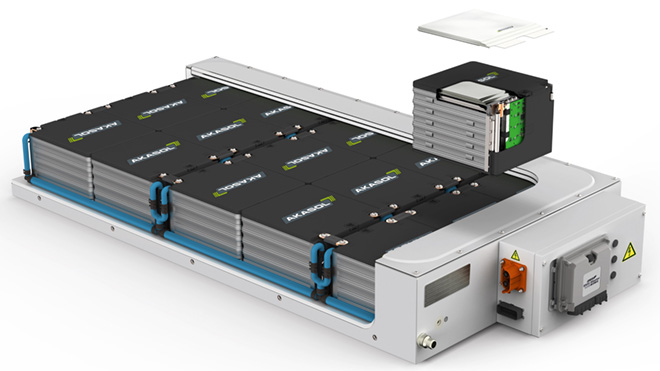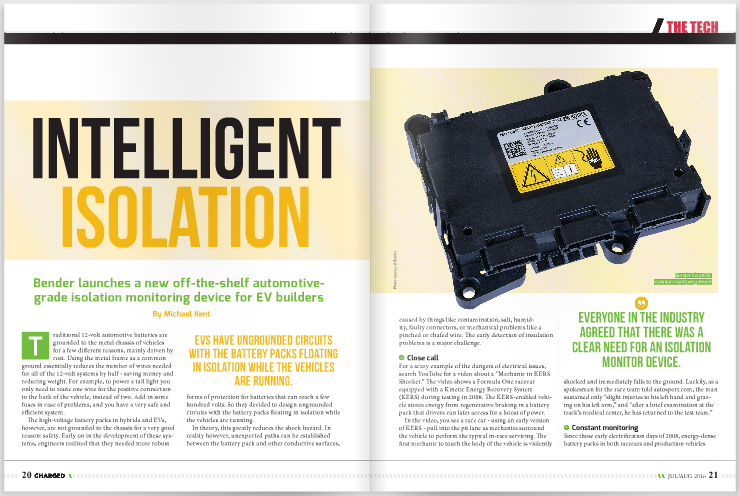Larger figure Researchers from South Korea’s Ulsan National Institute of Science and Technology (UNIST) and Stanford University have demonstrated the feasibility of a hybrid anode for Li-ion batteries using silicon-nanolayer-embedded graphite/carbon. In “Scalable synthesis of silicon-nanolayer-embedded graphite for high-energy lithium-ion batteries,” published in Nature Energy, Minseong Ko and colleagues explain that this architecture allows compatibility… Read more »
Search Results Found For: "US Hybrid"
Silicon Mobility’s new electric powertrain microcontroller
France-based semiconductor company Silicon Mobility has introduced a new automotive microcontroller specifically designed for hybrid and electric powertrain control. Aimed at OEMs and Tier 1 suppliers, the OLEA T222 includes several features designed to make it suitable for all flavors of electrification, from micro-hybrids to pure EVs, including Integrated Belt Starter Generator, Crankshaft Motor driven… Read more »
GKN Driveline’s new electric drive system for PHEVs
GKN Driveline has developed a new electric drive system for PHEVs, which will start production in 2019 on a global platform from a European vehicle manufacturer. GKN supplies its eAxle for the BMW i8 and the Volvo XC90 T8 Twin Engine. The company has produced more than 300,000 units at its manufacturing facilities in Europe… Read more »
NOHMs raises $5 million to commercialize non-flammable liquid-based electrolytes
NOHMs Technologies (Nano Organic Hybrid Materials), a Cornell University spin-out founded in 2010, has raised $5 million in Series B venture capital financing to commercialize its non-flammable battery electrolyte technology. NOHMs has developed a family of ionic liquid-containing electrolytes that are stable above 4.5 volts in lithium-ion cells. The two electrolyte product lines currently under… Read more »
TDK and Toshiba establish joint venture for automotive inverters
Japanese conglomerates TDK and Toshiba have agreed to establish a joint venture to manufacture automotive inverters for hybrids, PHEVs and EVs. With an eye on the global trend toward stricter emissions regulations, TDK is strengthening its energy unit business, which centers on power conversion hardware, and the controlling software, for electrified vehicles. TDK’s line-up includes… Read more »
Chinese government fines five finagling firms for fraudulent EV subsidies
China has been heavily promoting EVs and other “new energy vehicles,” in order to reduce its choking air pollution, cut dependence on oil imports and give it a leg up in the global auto industry. According to UBS Securities, Chinese governments at all levels invested around 90 billion yuan ($13 billion) in plug-in vehicles in… Read more »
GM reveals expanded EV plans for China
In Shanghai for a workshop at GM’s Pan Asia Technical Automotive Center, Executive Director for Electrification Larry Nitz outlined the company’s short-term electrification roadmap for China. The company will soon launch the Chevrolet Malibu XL Hybrid and Buick LaCrosse Hybrid in China, to be followed by the Cadillac CT6 PHEV later this year. The CT6… Read more »
Rare earth element-free motor debuts in Honda Freed
Honda was an early electrification innovator, but the disappointing career of its Insight Hybrid apparently killed the company’s interest in electrons. However, there are signs of a turnaround – the hybrid version of Honda’s Odyssey minivan, launched in Japan in February, now accounts for 70% of Odyssey sales. Now Nikkei Asian Review reports that Honda… Read more »
AKASOL introduces modular battery packs for commercial vehicles
German firm AKASOL will introduce a new modular lithium-ion battery system at the upcoming IAA Commercial Vehicle show in Hannover, Germany. The AKASystem OEM is designed for use in commercial vehicles such as buses, trucks, construction equipment and specialty vehicles. The base unit has a storage capacity of 24.4 kWh at a voltage level of… Read more »
Bender launches a new off-the-shelf automotive-grade isolation monitoring device for EVs
Traditional 12-volt automotive batteries are grounded to the metal chassis of vehicles for a few different reasons, mainly driven by cost. Using the metal frame as a common ground essentially reduces the number of wires needed for all of the 12-volt systems by half – saving money and reducing weight. For example, to power a… Read more »




